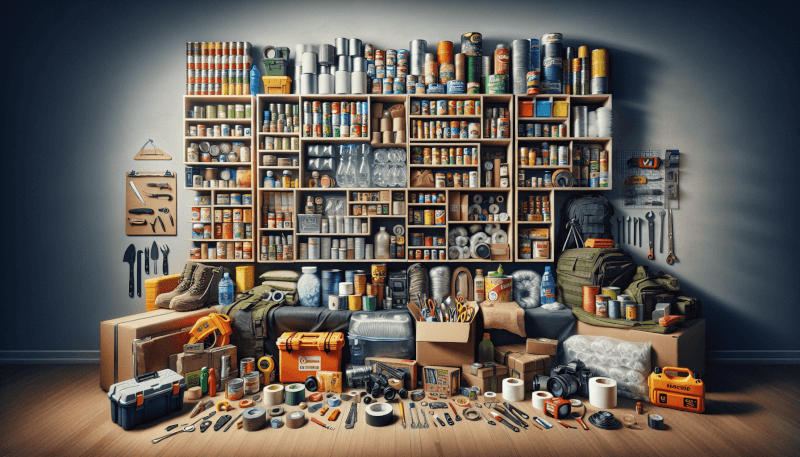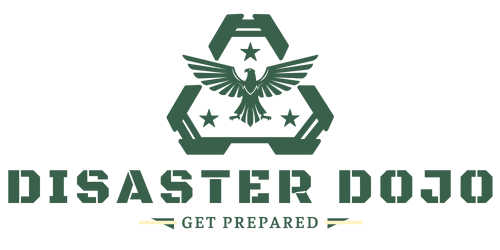So, you’ve heard about prepping, and you understand the importance of being prepared for any kind of disaster. Whether it’s a natural calamity, a power outage, or even a global pandemic, having the necessary tools and resources at hand can make all the difference. But here’s the catch: you don’t want to break the bank in the process. Well, fear not! In this ultimate prepper’s guide, we will show you practical and cost-effective ways to prepare for any disaster, ensuring your safety and peace of mind without burning a hole in your pocket. From DIY survival kits to budget-friendly food storage options, get ready to become a savvy prepper without going broke.
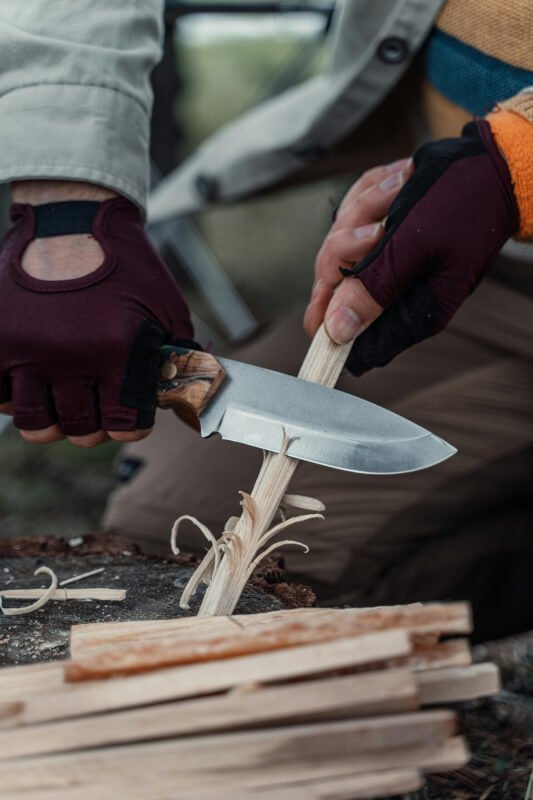
Food Storage
Food storage is an essential aspect of emergency preparedness. In times of crisis, having an adequate supply of food can provide peace of mind and ensure your survival. To calculate your needs, consider the number of people in your household and the duration you want to prepare for. It is generally recommended to stock up on at least three months’ worth of non-perishable food items.
To start, stock up on pantry staples such as rice, pasta, beans, canned goods, and dried fruits and vegetables. These items have a long shelf life and can provide essential nutrients during an emergency. Additionally, invest in food storage options specifically designed for long-term storage, such as mylar bags, food-grade buckets, and vacuum-sealed containers. Properly storing your food can extend its shelf life and prevent spoilage.
Water Supply
Next, ensuring an adequate water supply is crucial for survival. The general rule of thumb is to store at least one gallon of water per person per day for drinking and sanitation purposes. This should cover a two-week period, but it’s always better to have more in case of an extended emergency.
Alongside storing water, it is wise to invest in water purification methods. Water filters and purifiers can effectively remove contaminants and make water safe for consumption. These tools can be portable and easy to use, making them ideal for emergency situations. Additionally, learning alternative water sources, such as rainwater collection or purifying water from natural sources, can provide you with a backup plan in case your stored water runs out.
Emergency Shelter
Preparing your home for emergencies is crucial to ensure the safety and comfort of your family. Start by securing your windows, doors, and any other entry points to prevent unauthorized access and protect against potential looters. Reinforcing weak areas, installing sturdy locks, and considering window coverings can help fortify your home.
Create an emergency kit that includes essential items such as a first aid kit, blankets, extra clothing, a battery-powered radio, and non-perishable food items. This kit should be easily accessible and well-organized, ensuring that you can quickly grab it in case of an emergency. Additionally, it is essential to consider off-grid shelter options, such as tents or portable cabins, in case you need to evacuate or your home becomes uninhabitable.
Power and Lighting
During a disaster, power outages are common, and having a backup power source is crucial. Consider investing in a generator or alternative power sources, such as solar panels or wind turbines. These options allow you to generate electricity and provide power for essential appliances and devices.
In addition to a backup power source, stock up on batteries and flashlights. Battery-operated lights are essential for navigating in the dark and can provide comfort during a power outage. Furthermore, utilizing solar-powered devices, such as solar-powered lamps or chargers, can help reduce your reliance on traditional power sources and save you money in the long run.

Communication
Effective communication is vital during a disaster, as it helps you stay informed and connected with your loved ones and local authorities. Have multiple forms of communication, such as a battery-powered radio, walkie-talkies, and a charged-up cellphone. This ensures that even if one method fails, you still have alternatives to rely on.
It is also important to set up a neighborhood communication plan. Establish a system with your neighbors to check on each other’s safety and share information during emergencies. This can be done through designated meeting points or online platforms. Additionally, take the time to learn basic survival signals and emergency codes, as they can be useful for attracting attention and requesting help.
First Aid and Medical Supplies
Having a well-stocked first aid kit is essential for handling injuries and medical emergencies during a disaster. Make sure your kit includes essentials such as bandages, antiseptics, pain relievers, and any necessary prescription medications. Regularly check the expiry dates and replace any expired items to ensure their effectiveness when needed.
Consider learning essential medical skills and obtaining certifications in first aid and CPR. These skills can be invaluable in providing immediate care to yourself or others in times of crisis. Additionally, if you or a family member requires long-term medication, consult with healthcare professionals to explore options for stockpiling or obtaining a longer supply in case of an emergency.
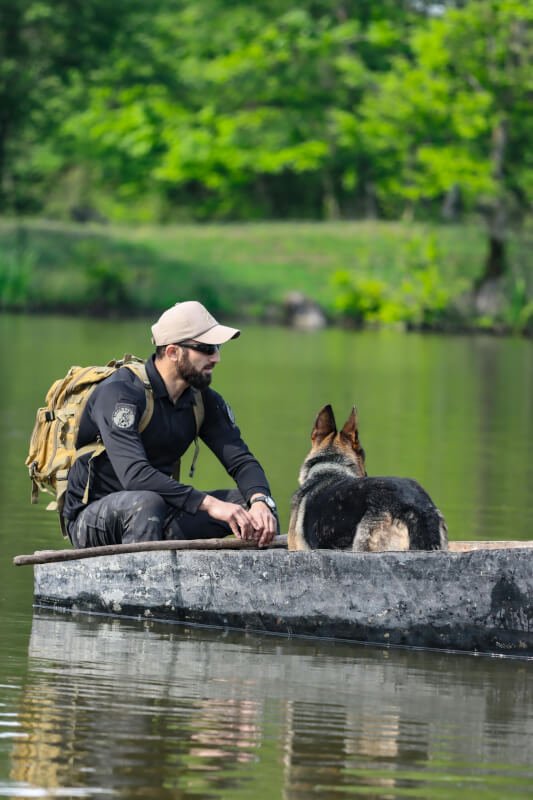
Self-Defense
In uncertain times, it is important to prioritize your safety and the security of your home. Learning self-defense techniques can provide you with the skills and confidence to protect yourself and your loved ones if faced with a dangerous situation. Enroll in self-defense classes or workshops to learn effective techniques for personal safety.
Securing your home is another crucial aspect of self-defense. Consider upgrading your locks, installing security cameras, and reinforcing entry points to deter potential intruders. Additionally, investing in non-lethal self-defense tools, such as pepper spray or personal alarms, can provide an extra layer of protection without posing significant risks.
Financial Preparedness
Financial preparedness is often overlooked, but it plays a crucial role in your overall resilience during an emergency. Create an emergency fund to cover unexpected expenses and ensure financial stability during a crisis. Set aside a certain amount each month and build your fund gradually over time.
Building a diverse investment portfolio can also provide long-term financial security. Consult with a financial advisor to explore investment options that align with your goals and risk tolerance. Diversifying your investments can help mitigate potential losses and ensure your financial sustainability in the face of unforeseen events.
Lastly, ensure you have appropriate insurance coverage. Review your current insurance policies to ensure they adequately protect your home, belongings, and health. Consider additional coverage, such as flood insurance or earthquake insurance, depending on the specific risks in your area.
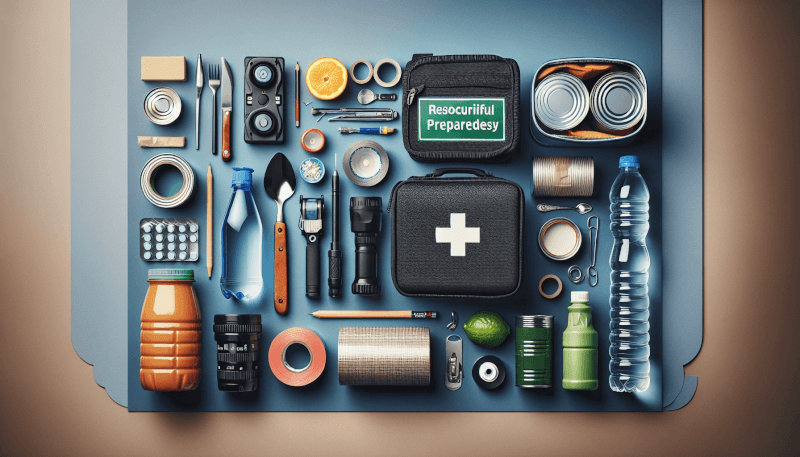
Sanitation and Hygiene
Maintaining proper sanitation and hygiene is crucial to prevent the spread of diseases and maintain overall well-being during an emergency. Stock up on sanitation supplies, including toilet paper, hand sanitizer, disinfectant wipes, and garbage bags. Having an ample supply of these items ensures cleanliness and helps maintain a hygienic environment.
In case water supply becomes limited, it is essential to learn alternative hygiene practices. Look into methods such as using dry shampoo, baby wipes, or homemade cleaning solutions. These alternatives can help you maintain personal hygiene even when running water is not available.
Additionally, have waste disposal options in place. In the event that regular waste collection is disrupted, consider alternative methods for disposing of waste, such as burying it in a designated area or using compostable bags for organic waste. Proper waste management is essential to prevent the spread of diseases and ensure a safe living environment.
Skills and Knowledge
Equipping yourself with basic survival skills is essential for any emergency. Learning skills such as fire-building, navigating, and foraging for food can significantly increase your chances of survival. Invest time in acquiring these skills through books, online resources, or hands-on workshops.
Obtaining certifications in first aid and CPR is another valuable asset. These certifications ensure you are prepared to provide immediate medical assistance in case of injuries or medical emergencies. Sign up for courses offered by reputable organizations to learn proper techniques and gain the necessary knowledge to respond effectively in critical situations.
Lastly, consider taking courses on self-reliance and sustainable living. These courses can teach you how to grow your own food, conserve energy, and minimize waste. Being self-reliant in various aspects of life can enhance your preparedness and resilience, regardless of the type of disaster you may face.
In conclusion, being prepared for any disaster is possible without breaking the bank. By following these guidelines and investing in essential supplies, skills, and knowledge, you can enhance your ability to withstand and recover from emergencies. Start taking steps today to ensure the safety and well-being of yourself and your loved ones in times of uncertainty.
